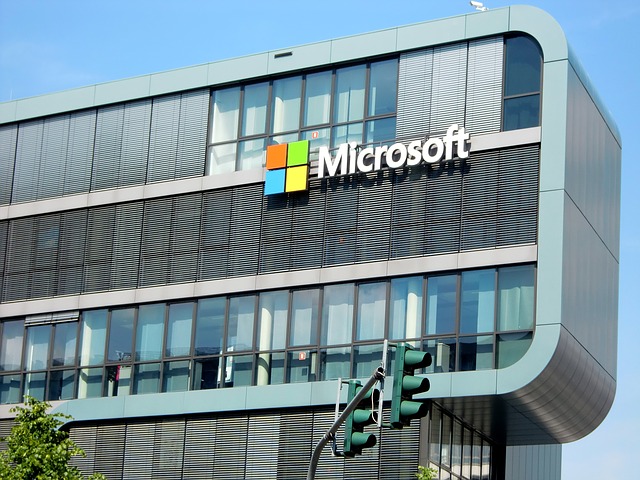
The Electronic Frontier Foundation (EFF) slammed Redmond tech conglomerate Microsoft Corporation (NASDAQ:MSFT) of blatantly disregarding user choice and privacy with Windows 10 in an editorial. Amul Kalia of the EFF urged the tech company to “come clean with its user community” over a growing number of Windows 10 privacy issues.
“Windows 10 sends an unprecedented amount of usage data back to Microsoft,” explains Kalia, noting that enabling Cortana increases the amount of data passed to Microsoft. Privacy advocates have argued that Windows 10 sends back location, text input, voice input, touch input, websites you visit, and other telemetry data to Microsoft.
“While users can disable some of these settings, it is not a guarantee that your computer will stop talking to Microsoft’s servers,” says Kalia. “A significant issue is the telemetry data the company receives.” Microsoft has previously insisted it anonymizes telemetry data, but the EFF is concerned the company hasn’t explained exactly how it does this. “Microsoft also won’t say how long this data is retained, instead providing only general timeframes.”
While telemetry data is clearly a concern, the EFF focuses on Microsoft’s confusing link between this data and security patches. “Microsoft has tried to explain this lack of choice by saying that Windows Update won’t function properly on copies of the operating system with telemetry reporting turned to its lowest level,” claims Kalia. “Microsoft is claiming that giving ordinary users more privacy by letting them turn telemetry reporting down to its lowest level would risk their security since they would no longer get security updates.”
Although the software giant recently stopped offering free upgrade to Windows 7 and Windows 8.1 to users, Kalia criticized the company’s aggressive upgrade strategies.
“The tactics Microsoft employed to get users of earlier versions of Windows to upgrade to Windows 10 went from annoying to downright malicious,” says Kalia. The upgrade generated a backlash after Microsoft changed its notification to schedule Windows 10 upgrades even if users dismissed the prompt. The company only tweaked its notification after paying one user $10,000 over an automatic Windows 10 installation dispute.
Microsoft is no stranger to transparency issues but the Windows 10 is making a lot of users wary of their privacy. An online petition was signed by 6,000 angry Windows 10 users, calling out Microsoft for disregarding user privacy.
Adjusting the notification feature removed a user’s right to choose when to update the operating system. EFF demands “real, meaningful opt-outs to the users who want them.” Kalia said the Redmond tech giant should listen and prioritize customer concerns, “otherwise, Microsoft may find that it has inadvertently discovered just how far it can push its users before they abandon a once-trusted company for a better, more privacy-protective solution.”
In response, an official statement was published to ZDNet: “Microsoft is committed to customer privacy and ensuring that customers have the information and tools they need to make informed decisions. We listened to feedback from our customers and evolved our approach to the upgrade process. Windows 10 continues to have the highest satisfaction of any version of Windows.”
- Bulenox: Get 45% to 91% OFF ... Use Discount Code: UNO
- Risk Our Money Not Yours | Get 50% to 90% OFF ... Use Discount Code: MMBVBKSM
Disclaimer: This page contains affiliate links. If you choose to make a purchase after clicking a link, we may receive a commission at no additional cost to you. Thank you for your support!


Leave a Reply